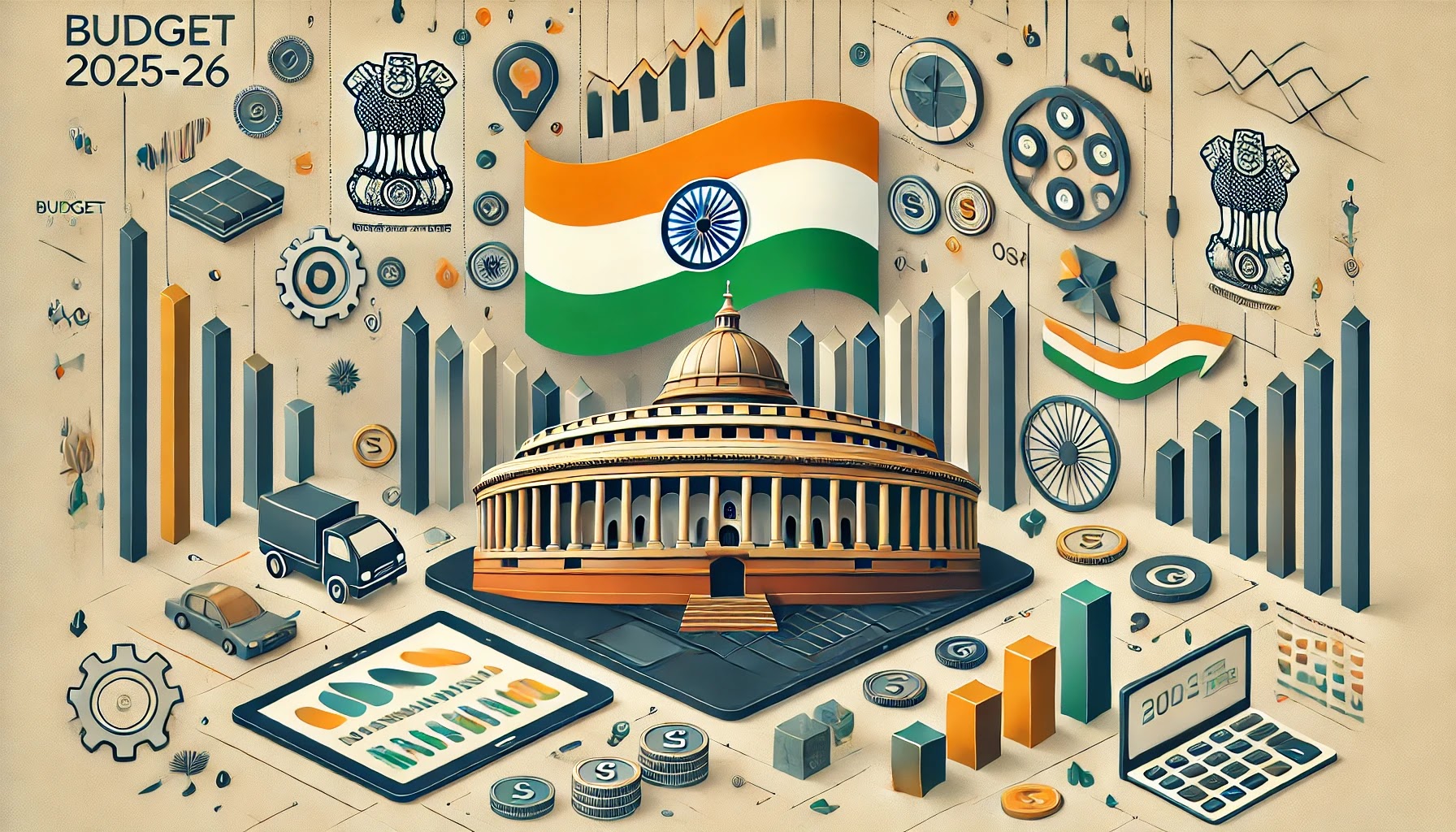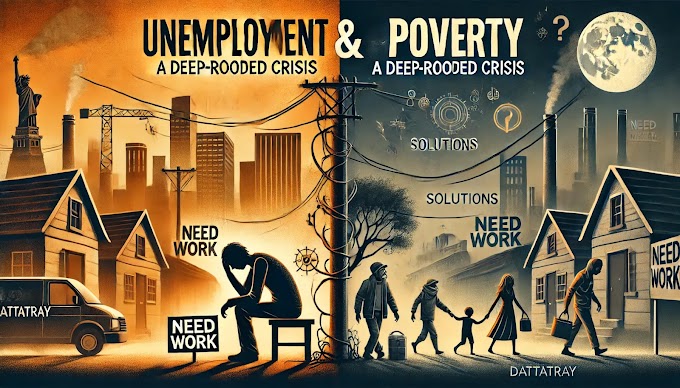"The Economics of Virtual Real Estate: Unveiling the Digital Property Revolution"
Introduction:
The world of economics has witnessed a paradigm shift with the emergence of a novel and intriguing asset class - virtual real estate. As the digital landscape continues to evolve, this article explores the economics of virtual real estate, an ever-expanding universe where the ownership and trade of digital properties are reshaping the way we perceive value and investment.
Defining Virtual Real Estate:
Virtual real estate refers to digital spaces or assets within virtual worlds, video games, metaverse platforms, and blockchain-based environments. These digital properties can encompass anything from virtual land and buildings to unique digital collectibles and non-fungible tokens (NFTs).
The Metaverse and Beyond:
The concept of the metaverse, a shared virtual universe where people can interact and engage, has propelled virtual real estate into the spotlight. In metaverse platforms like Decentraland, The Sandbox, and Cryptovoxels, users can buy, develop, and trade virtual lands, and their value can appreciate as the virtual world's popularity grows.
Economic Implications:
Virtual real estate has several intriguing economic implications:
Ownership and Scarcity:
Much like physical real estate, virtual properties have a finite supply. Ownership of a unique virtual space can be a status symbol and is often driven by the scarcity of the asset.
Economic Activity:
Virtual worlds are becoming hubs of economic activity. Users can create virtual businesses, sell virtual products, and monetize their digital assets. Real money is exchanged for virtual goods and services.
Investment and Speculation:
Virtual real estate has opened up new investment opportunities. Speculators and investors are purchasing virtual properties with the anticipation of future value appreciation.
NFTs and Digital Collectibles:
Non-fungible tokens (NFTs) have allowed for the creation and ownership of unique digital collectibles, further blurring the lines between virtual and physical ownership.
Monetizing Virtual Real Estate:
Virtual real estate can be monetized in various ways:
Rent and Leasing:
Users can lease or rent their virtual properties to others, creating a recurring income stream.
Virtual Events:
Hosting events, concerts, or conferences in virtual spaces can generate revenue through ticket sales and sponsorships.
Digital Advertising:
Virtual billboards and ad spaces are used for marketing and promotions within virtual worlds.
Art and Entertainment:
Artists and entertainers can monetize their digital creations, from virtual art galleries to in-game performances.
Challenges and Considerations:
Regulatory Ambiguity:
The regulatory framework surrounding virtual real estate is still evolving, with questions about taxation, property rights, and legal enforcement in digital realms.
Technological Limitations:
The success and value of virtual properties can be dependent on the platform's technology and user base. Technical issues can affect property values.
Market Volatility:
Much like traditional real estate, virtual property markets can be subject to speculative bubbles and market volatility.
Conclusion:
The economics of virtual real estate represents a remarkable fusion of technology, creativity, and economics. It challenges traditional notions of ownership and value, blurring the lines between the physical and digital worlds. As virtual real estate continues to gain traction, it will be fascinating to witness how this unique asset class evolves and shapes the digital economies of the future. Whether it's buying virtual land in a metaverse or owning a digital masterpiece as an NFT, the world of economics is expanding into uncharted territory with virtual real estate at its forefront.
Thanks For Reading (: Have A Great Week
.png)






.png)



.png)


0 Comments